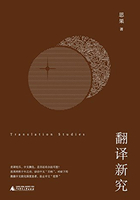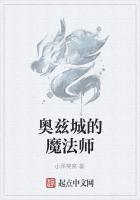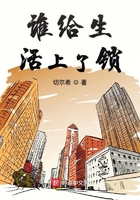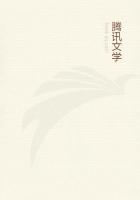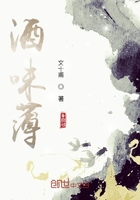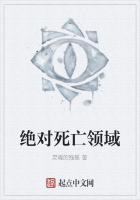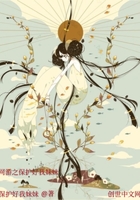On October 1,1949, the People"s Republic of China (PRC) was founded and an era of a new government began. China finally got rid of the imperialist meddling in its affairs and feudalistic and capitalistic oppression, and, for the first time since 1840, China could enjoy peace. The Chinese people could utilize their knowledge and wisdom to build up a modern country. The com- munist Party and the government realized that, in order to achieve this goal, they had to unite all the peoples in China and involve them actively in the construction process. Certainly, the 3 mil-lion Catholics and those of other religions were included. There- fore, the new government made sure that religious freedom was protected as a constitutional right. In the 1954 Constitution, it stated clearly that all Chinese had freedom to engage in reli- gious activities or not.
Yet, some pro-imperialist elements within the Catholic Church still insisted on an anti-communist and anti-people stance. After 1949, the Vatican refused to recognize the new govern- ment and continued its diplomatic relationship with Taiwan. Antonio Riberi tried to use his Pro-Nuncio title to control the Catholic Church in China. He sent to all the bishops in China the anti-communism declarations the Pope had issued in 1947 and1949 and asked them to pass on the message orally to their con- gregations: Chinese Catholics should not support communism; should not read any magazine published after the liberation; should not get involved with any organization organized by the Party and the government, such as women"s association, youth organization, scholars‘ association, workers’ union, etc. The Catholic Church Affairs Progressive Association was found in1948 under the leadership of Hua Li Zhu, and published many pamphlets to distribute among Catholics. They claimed that The- ism and Atheism could not be reconciled. This influenced manyyoung Catholics and some intellectuals. They used the Legion of Mary, which was an active Catholic group, to prevent stu- dents in the Catholic schools from participating in the patriotic movements. In Shanghai, a Catechist Group was formed to preach on San Bu Zhu Yi (The Three Negatives: not to read a com-munist newspaper, not to listen to patriotic speeches and not to admit there were imperialists in the Church)? They also claimed that the communists had tried to destroy the Church, which made many Catholics became suspicious of the freedoms allowed in China. When American soldiers landed in Korea in 1950, many rumors spread through the Church: the Blessed Mother appeared in South Korea, the US soldiers will win, the Third World War will happen, Chiang Kaishek will attack Mainland China, etc. Worst of all, some pretended to be priests to disguise their iden- tities in order to collect information on China"s political, eco- nomic and military situation for other countries.
The imperialisty presence and agitations within the Church influenced many Catholics in their understanding of commu- nism. They distrusted the communist Party and were suspicious of the new society, causing them to be separated from others. Some even stood opposed the Party and government. Some ac-tivities of the Church went beyond the boundaries of religion,which prevented the Chinese Catholic from being part of the swelling Patriotic Movement. This very action interfered in the internal affairs of a country with its own sovereignty. Any country"s constitution would want to stop this from happening.





